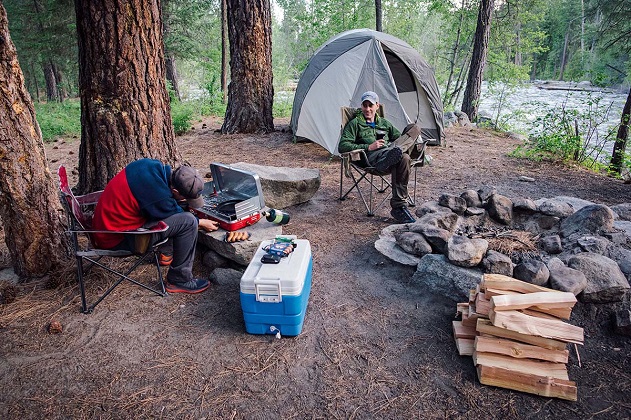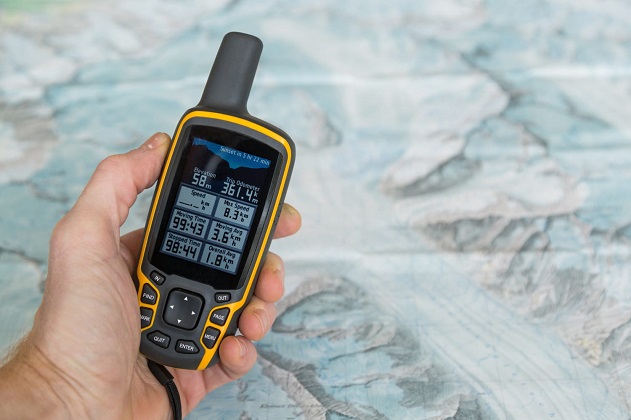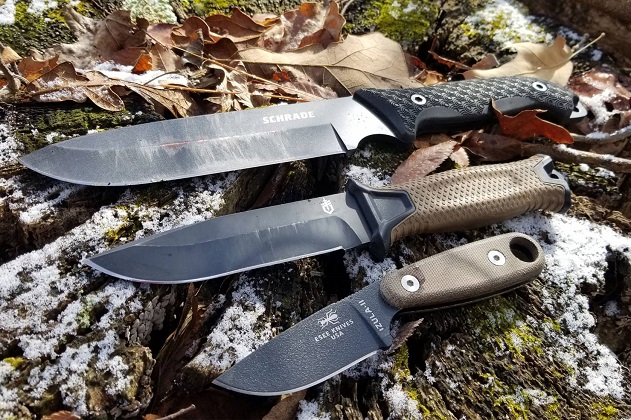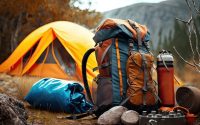Safety Gear Starter Pack for the Ideal Camping Adventure

Source: switchbacktravel.com
A favourite outdoor activity for many around the world, going on a camping adventure requires serious preparation, exceptional readiness and at least basic knowledge about nature and survival skills. Preparation is key for a safe camping trip regardless of whether you are an experienced backpacker, hiker, climber or any other type of outdoorsmen, or if you are a nature-loving newbie, trying to organise your first outdoors adventure, solo or accompanied.
If you are preparing your first camping gear, you probably have a long list of items on your checklist, and some of those are easier to choose than others. So, while the things you need for sleeping and comfort – the tent, sleeping bag, sleeping pad or mattress, cooking supplies etc., are important, it’s far more vital to prepare smart safety gear to protect yourself from any potential harmful situation in which you can find yourself in the great outdoors.
Many things can be considered to be essential for your safety on your camping trip. However, when we talk about protection, we think about preparing ourselves for some worst-case scenarios. Of course, no one wants to think about those, but every time you are about to leave yourself in the capable hands of nature, you should. Because nature is beautiful, but it can also be merciless. So, what do we need to think about before going on a camping trip in terms of self-protection? Essentially the basic possible dangers: getting lost, the dark, getting injured, getting sick or ill, thirst, hunger, getting wet, getting too cold, hungry or scared animals.

Source: roadaffair.com
Gear in Case You Get Lost
In nature, a simple compass or a portable GPS device can save your life in many. But, while not always life-threatening, or even dangerous at all, getting lost is something you need to think about before going out in nature. Of course, if you are new to camping, you should learn at least some basic navigational skills, like using a compass and a map. However, as you get farther from civilisation, you are facing more and more risks of getting lost. People can get lost even if they are someone very experienced, due to injury, sickness, dangerous weather conditions, and so on.
Fortunately, there are several things you can add to your camping gear to get prepared for an event like this, namely tools for navigation and signalling. These items could include a compass, a map of the terrain or a handheld GPS device, as well as signalling devices like an emergency whistle, a mirror, a space blanket, a beacon, a locator, etc.
In the last decades with technological advancements we’ve been witnessing, navigational and signalling devices has been advancing as well. So, regardless of whether you are a beginner or you are experienced but you’re going to some new or unfamiliar place for a hike or to set up camp, or you are going for a hard hike or climbing, getting a reliable outdoor GPS device can save your life. For extra caution, you can get one of the many contemporary devices that camping, hunting or other safety equipment stores offer nowadays, like a handheld GPS device that also features a personal locator beacon or a spot locator, a line of communication etc.
Another very important item on the list of things you need in case you get lost is a reliable flashlight. A flashlight can play many important roles on any camping trip because even on the most casual camping trips, it will get dark outside. So, with some navigational skills, a modern outdoor GPS device, which can essentially replace a compass and a map, a reliable flashlight, and some kind of signalling device, you can protect yourself from getting lost in most cases.

Source: sotfitness.com
In Case You Get Injured, Sick or Ill
Another extremely important thing on your camping gear checklist is your first aid kit. A well-prepared first aid kit is another thing that can save your life. But even if you are convinced that you are not going to encounter one of those, a first aid kit is important for protecting yourself from some non-life-threatening, but still dangerous or simply annoying situations. Make sure that your first aid kit includes pain relievers, anti-inflammatory, anti-diarrheal medicines, antibiotics, ointments, antiseptic creams, epi-pens, bandages, gauze, pads, alcohol etc., and don’t forget medicines for any pre-existing medical issues, such as allergies or chronic therapies.
Furthermore, when it comes to staying healthy and well during an adventure out in nature, you need to stay hydrated. So, depending on the type of trip you are on, you can either bring enough water with you or, to be safer, you should have a way to purify water. Nevertheless, having any type of water filter with you is prudent, since you never know – you may have to stay longer, you may spill your water, etc.
In Case of Bad Weather
Staying dry and warm while you are in the wilderness is extremely important for obvious reasons. So, anything that can keep moisture and cold away from you, anything that can protect you from the weather, is a vital tool in your camping gear. A tarp, a space blanket, good quality waterproof clothes, fire-starters, dry bags.
Of course, you will also want to bring along some power supply for camping like off-grid portable solar panels. However, solar panels only work as long as they have access to direct sunshine. That said, think about bringing spare batteries, power banks and other alternative power sources to allow you to at least charge your phone and flashlight if the sky is cloudy.

Source: gearjunkie.com
Survival Knives – the Ultimate Must-Haves
Knives and other types of blades are considered to be the most important tool when it comes to survival. Some survivalists and bushcrafters would even say that a knife is all you really need to survive in the wilderness. Knives can be used not only to help you with preparing a meal or to cut some simple things that need cutting, but you can also use them to cut a rope, carve wood, chop branches. You can also use a knife to gut an animal, start a fire, to cauterise a wound etc., and, of course, you can use it in self-defence if you find yourself in an extremely dangerous life-threatening situation.



